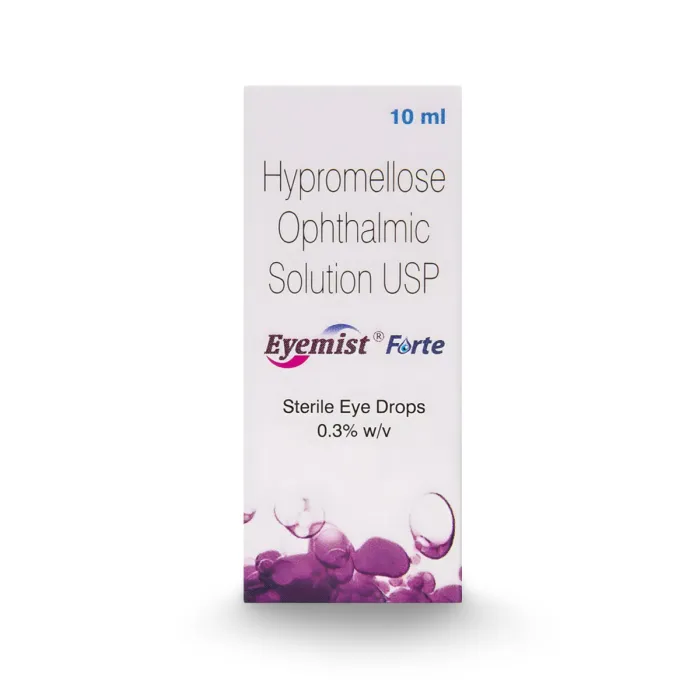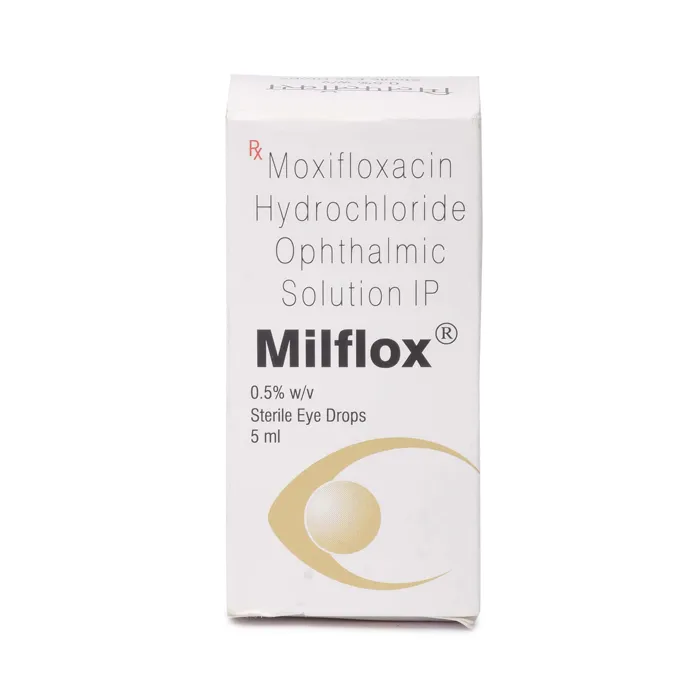Watery eyes, or Epiphora, can be caused by pollen, dust, smoking, wind, eye strain, or clogged tear ducts. It can be a painful and uncomfortable condition.
Whether it’s due to allergies, eye strain, or other underlying factors, finding relief from this common ailment is crucial for your overall well-being.
Fortunately, you can try several practical, including all-natural solutions to get relief from watery eyes at home.
This article will look at how to stop watery eyes at home with natural treatments.
It provides techniques to reduce watery eyes and improve vision.
How to Stop Watery Eyes at Home
You can take several easy yet efficient steps at home to stop watery eyes.
By practicing good hygiene and regularly washing your face and eyelids, you can keep irritants from building up.
Your eyes may water less, and your clogged tear ducts may open up by applying warm compresses to closed eyes.
Artificial tears available over the counter can lubricate and relieve dryness, which may provide relief from excessive tearing.
Using a humidifier to adjust your surroundings can help combat dry air, a common cause of watery eyes.
According to a study, those who use computers frequently may benefit from using a humidifier.
After using humidifier, certain participants in the same study reported a slight reduction in dry eyes.
Lastly, preventing allergens and avoiding recognized triggers can significantly reduce watery eyes.
To learn more about the treatments of watery eyes, read Watery Eyes Treatment: How to Treat Watery Eyes?
Save up to 90% on your medicine bills

Eyemist Forte 10 ml

Milflox 0.5% 5 ml

Restasis 0.05% Ophthalmic Emulsion

Pred Forte 10 ml
Home Remedies for Watery Eyes Due to Allergies
 Source: Signature_image
Source: Signature_imageWhen allergies trigger watery eyes, finding relief at home is practical and effective.
Antihistamines, Neti Pots/saline nasal rinses, cold compresses, and avoiding allergens are a few at-home treatments for allergy-related watery eyes.
Here are a few easy yet effective ways to help you fight off those irritating allergic reactions:
Cold Compresses: By applying a cold compress to your closed eyelids, you can reduce irritation and redness by constricting blood vessels.
According to a study, applying a cold compress could be just as beneficial as using artificial tears.
It’s not only a more cost-effective option but among natural ways to treat watery eyes as well.
Neti Pot/Saline Nasal Rinse: Using a saline solution to clear your nasal passages can help reduce congestion, which in turn helps lessen allergy-related eye pain.
Antihistamines: Antihistamines available over the counter, like Cetirizine or Loratadine, can provide relief from a variety of allergy symptoms, including watery eyes.
Seek advice from a healthcare provider regarding the appropriate dosage.
Avoiding Allergens: It’s critical to take preventative measures to reduce exposure to allergens.
During periods of high pollen, it is recommended to use air purifiers, maintain personal hygiene, and change clothes after engaging in outdoor activities.
With these effective home remedies, you can effectively manage watery eyes caused by allergies and experience greater comfort and clarity of vision.
Say goodbye to discomfort and hello to a better quality of life.
While home remedies are a great start, it’s important to remember that they may not always be completely effective.
In such cases, it’s advisable to consider prescription medication or other treatments recommended by a healthcare professional.
Alternatives to Home Remedies
 Source: Anatolii_Mazhora_from_Getty_Images
Source: Anatolii_Mazhora_from_Getty_ImagesWhile home remedies and natural ways can be effective for managing watery eyes, there are alternative approaches to consider.
If home remedies don’t provide relief or the condition is severe, consider consulting a healthcare professional, medication, surgery, or lifestyle/environmental changes.
Consulting a Healthcare Professional: A medical evaluation can pinpoint the underlying cause of watery eyes and lead to effective treatment.
Prescription Medications: In cases of severe allergies or infections, prescription medications may be necessary for effective symptom relief.
Surgical Interventions: For specific eye conditions, surgical procedures like Punctal Occlusion or DCR (Dacryocystorhinostomy) can be considered to address tear drainage issues.
Lifestyle and Environmental Changes: Making adjustments to your living environment and habits, such as reducing exposure to irritants or improving indoor air quality, can also help relieve watery eyes.
Remember, the choice of treatment should be based on the underlying cause and the severity of your watery eyes.
To know about the causes of watery eyes, read 5 Watery Eye Causes You Must Be Aware of.
Conclusion
Allergies, irritants, or medical conditions are the most common causes of watery eyes.
It is possible to treat watery eyes at home with proper care.
For those looking for relief, several options are available on how to stop watery eyes at home.
Antihistamines, Neti Pots/saline nasal rinses, cold compresses, and avoiding allergens are a few at-home treatments for allergy-related watery eyes.
Remember that each person may react differently, so it’s critical to customize your strategy to suit your needs.
While natural remedies can help watery eyes, consulting healthcare professionals, using medication, surgery, etc., are alternative approaches to consider.
Even though these treatments can provide great relief, it’s important to see a doctor if your watery eyes worsen or persist to rule out any underlying conditions.

Frequently Asked Questions
When should I seek professional help for watery eyes?
If your symptoms persist, worsen, or cause severe discomfort, it’s essential to seek professional medical advice.
Watery eyes can sometimes be a symptom of an underlying medical condition that requires proper diagnosis and treatment.
Can I use home remedies and natural treatments for children with watery eyes?
Yes, some home remedies and natural treatments may be safe for children.
However, it is important to consult a pediatrician or healthcare professional before administering any remedies to children, as their needs and responsiveness may vary.
Can over-the-counter Antihistamines help with allergic watery eyes?
Yes, over-the-counter Antihistamines can provide relief for allergic symptoms, including watery eyes.
However, it’s important to consult a healthcare professional before using them, especially if you have other medical conditions or are taking other medications.
How long should I try home remedies before seeking professional help?
If your watery eyes persist for an extended period, worsen, or cause significant discomfort, it’s advisable to consult a healthcare professional.
Home remedies are typically suitable for mild or occasional symptoms.
Can a healthy diet help with watery eyes?
Yes, a diet rich in omega-3 fatty acids can help reduce eye inflammation. Foods like salmon and flaxseed are rich sources of omega-3 fatty acids.
Maintaining overall eye health through proper nutrition is beneficial for your ocular health.
Cheap Medicine Shop only refers to credible, authoritative sources for our content. If you’re curious about how we ensure the integrity of our content, we encourage you to read our Content Information Policy.














